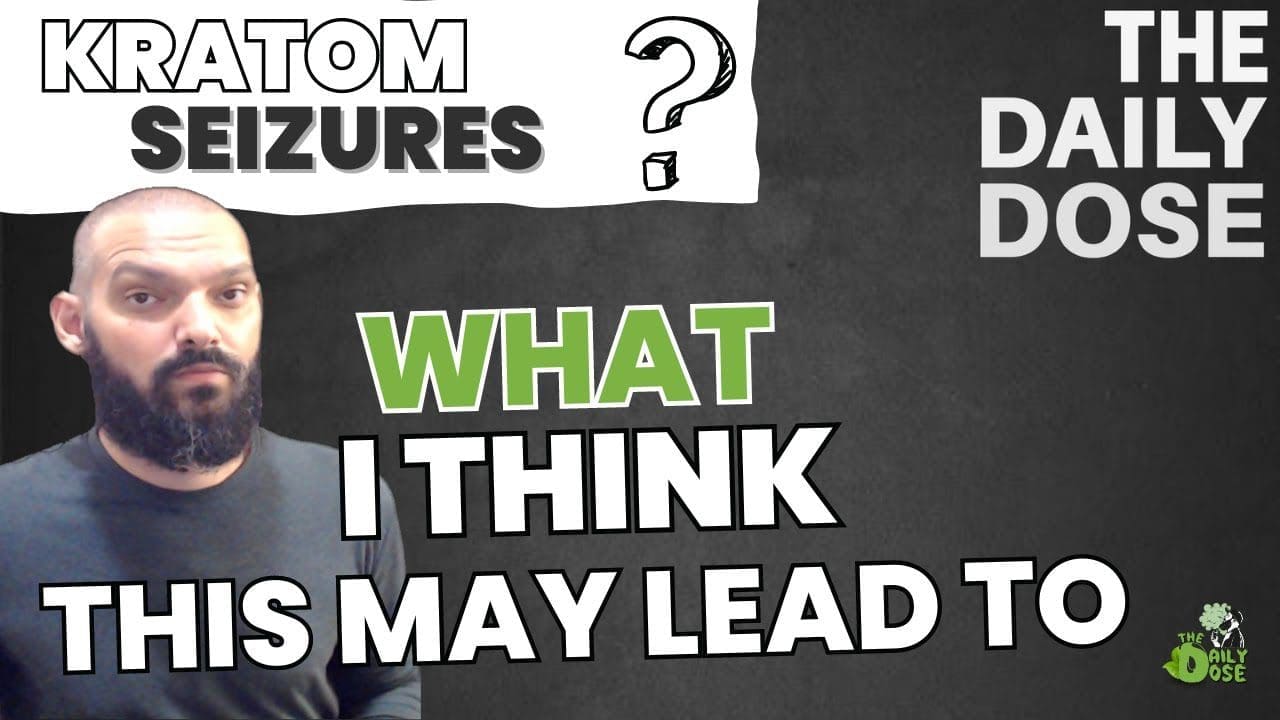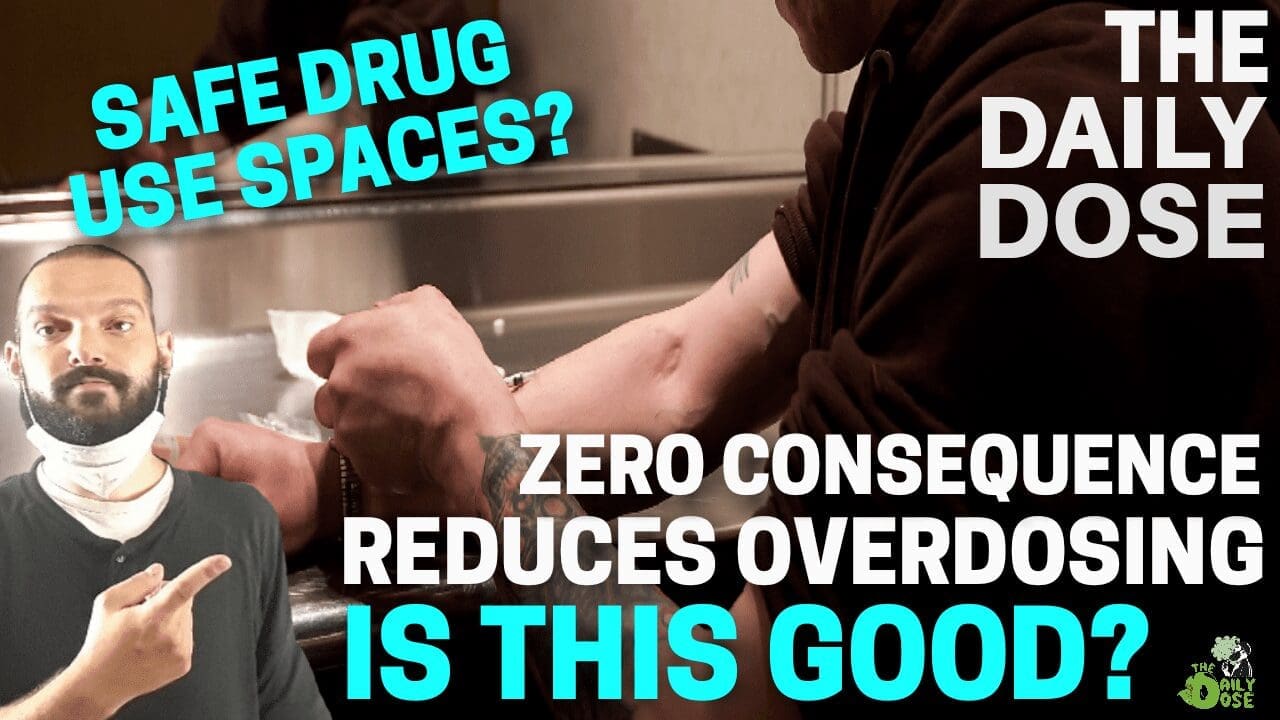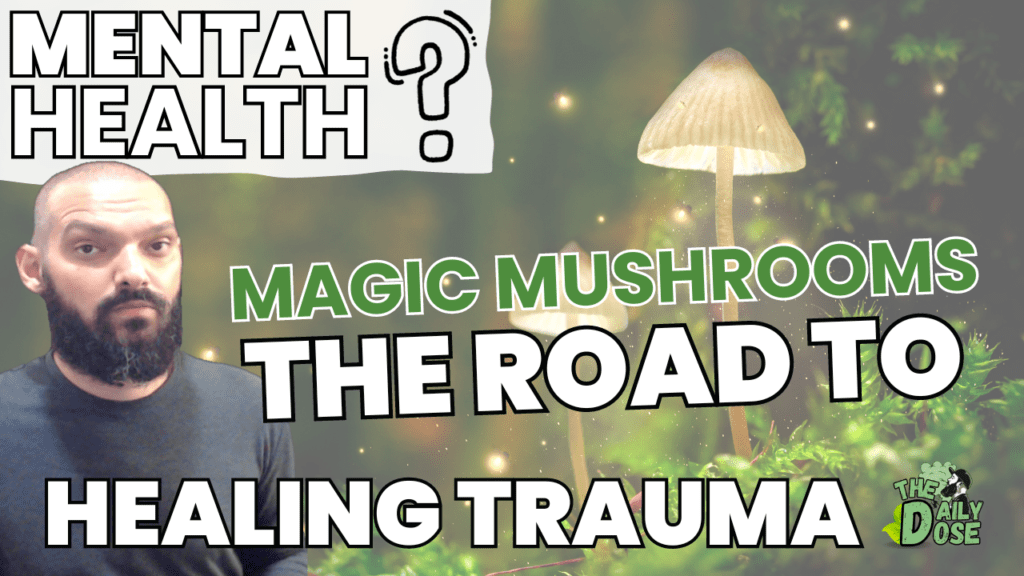FDA Seizes Kratom By The Millions
Introduction
In recent times, the U.S. Food and Drug Administration (FDA) has taken a firm stance against the controversial dietary supplement, kratom. This article delves into the FDA’s efforts to protect public health by seizing over 207,000 units of dietary supplements and bulk dietary ingredients containing kratom, valued at approximately $1.3 million. We will explore the complex and multifaceted issues surrounding kratom, its safety concerns, and the why FDA seizes kratom as a deterrent.
The Kratom Controversy
Kratom: Origins and Uses Kratom
Scientifically known as Mitragyna speciosa, is a plant native to Southeast Asia, particularly Thailand, Malaysia, Indonesia, and Papua New Guinea. Traditionally used for its stimulant and analgesic properties, kratom has garnered significant attention in recent years for its potential health risks and side effects.
Safety Concerns and Health Risks Associated with Kratom
Consuming kratom has been associated with a range of health impacts, from respiratory depression to nervousness, vomiting, weight loss, and constipation.
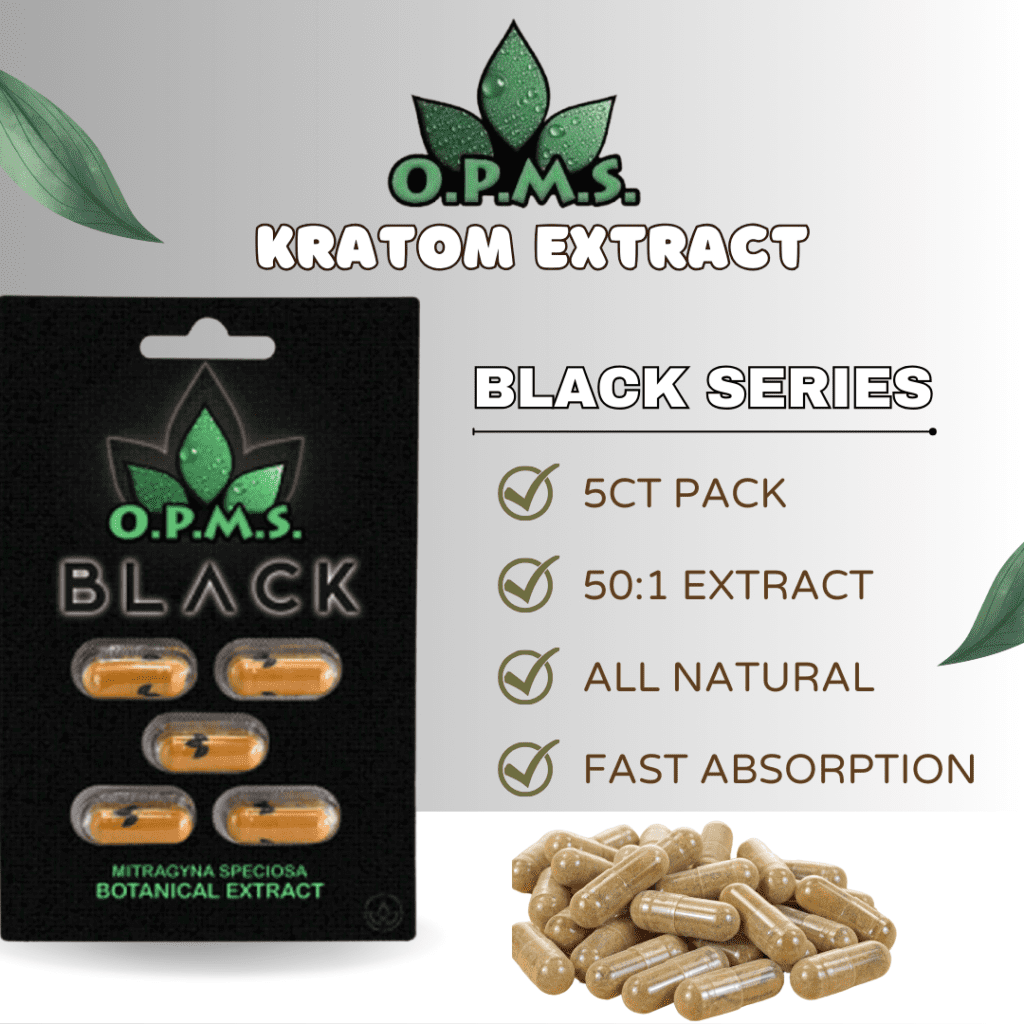
The Seizure and Its Implications
Details of the Operation
In an unprecedented move, the FDA, in coordination with U.S. Marshals, seized a substantial quantity of dietary supplements and bulk dietary ingredients containing kratom.
Atofil, LLC and the Brands Involved
The dietary supplements were manufactured by Atofil, LLC, a Florida-based company, and marketed under various brand names, including Boosted Kratom, The Devil’s Kratom, Terra Kratom, Sembuh, Bio Botanical, and El Diablo.
The Estimated Value of Seized Products
The seized products are estimated to be worth around $1.3 million. We will analyze the financial aspect of the seizure and its potential impact on the industry.
The FDA seizes $1.3 million worth of kratom products, it has substantial financial implications for the kratom industry. This substantial confiscation marks a significant loss for the businesses involved and sends a clear message about the government’s stance on kratom regulation and safety.
It underscores the potential financial risks faced by companies operating in the kratom market, especially when their products do not meet regulatory standards.
Moreover, it highlights the ongoing challenges and uncertainties surrounding the kratom industry’s financial landscape. Companies involved in the production and sale of kratom must navigate a regulatory environment marked by scrutiny and a changing legal landscape, potentially impacting the future of the industry and its economic stability.
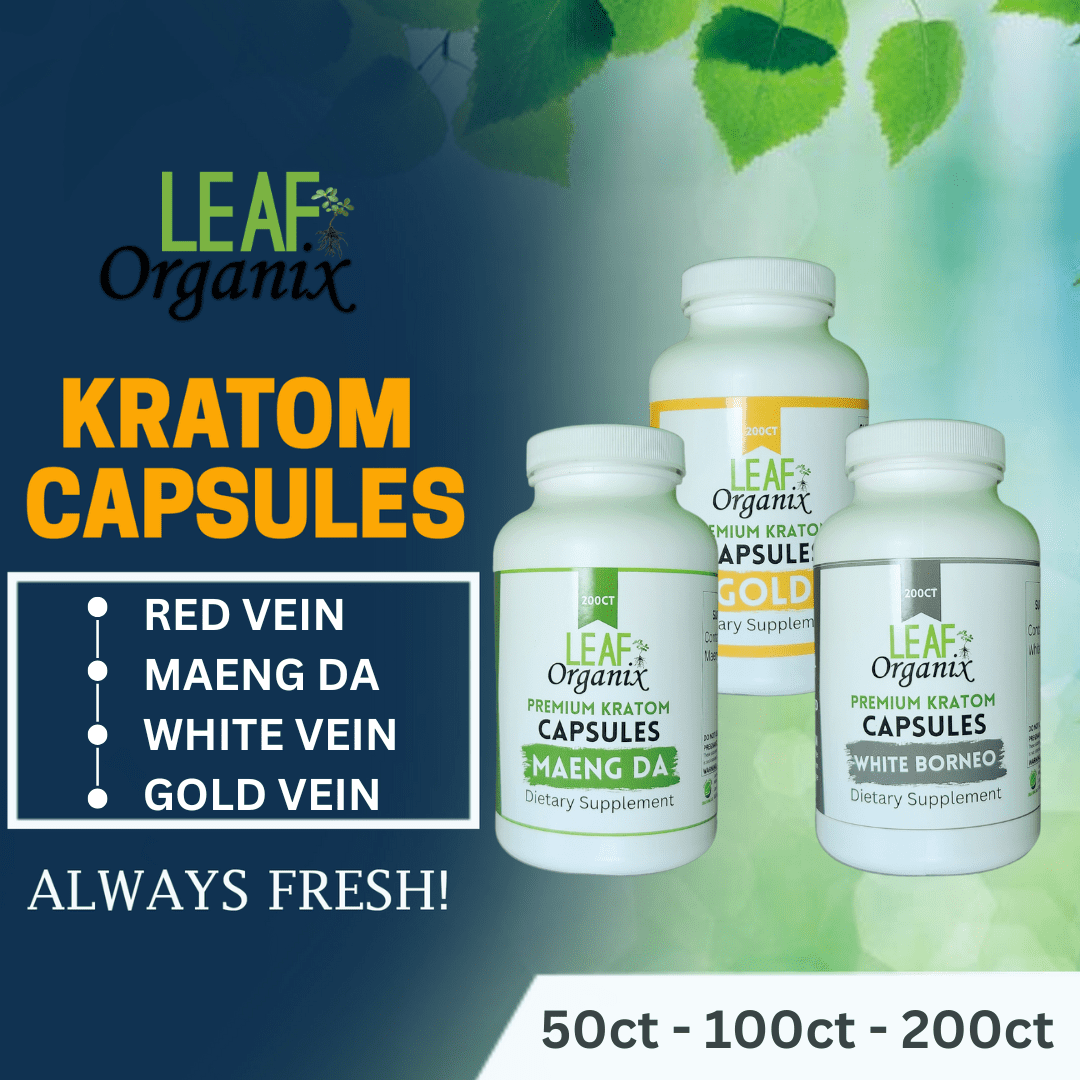
FDA’s Authority and Legal Actions
FDA Stance on Kratom: Public Safety Concerns
The FDA’s Associate Commissioner for Regulatory Affairs, Judy McMeekin, has expressed substantial concern about kratom’s safety, public health risks, and its potential for abuse. We will delve into the FDA’s perspective and concerns regarding this controversial substance.
The FDA holds a stance marked by concerns about the safety of kratom and its usage. The agency has consistently issued warnings to consumers, highlighting the potential dangers of kratom, including the risk of addiction and adverse health effects.
The FDA’s concern stems from the lack of adequate scientific evidence to support the safety and efficacy of kratom. Additionally, the agency is wary of kratom’s potential for contamination with harmful substances and its widespread availability.
The FDA seizes kratom and has taken regulatory actions to address these concerns, including warning letters to companies marketing kratom products and recalls to remove potentially dangerous items from the market. As a result, the FDA’s perspective on kratom reflects its commitment to safeguarding public health and addressing potential risks associated with this herbal supplement.
Import Alert and Regulatory Measures
In 2014, the FDA issued an import alert that allowed for the detention of imported dietary supplements and bulk dietary ingredients containing kratom. This section will detail the regulatory measures taken by the FDA to address the issue while the FDA seizes kratom as a precaution.
The FDA has proactively pursued regulatory measures to address the challenges posed by kratom. The agency’s approach involves warning consumers against the use of kratom products and taking enforcement actions against companies marketing these supplements. Through recalls and mandatory recalls, the FDA has taken steps to remove kratom products from the market due to safety concerns.
These regulatory efforts reflect the FDA’s commitment to public safety and its determination to mitigate the risks associated with unapproved and potentially harmful dietary supplements. The agency’s focus on informing and protecting consumers underlines the ongoing battle to ensure the safety of kratom and other dietary supplements within the evolving regulatory landscape.
The U.S. Department of Justice’s Complaint
The U.S. Department of Justice, acting on behalf of the FDA, filed a complaint asserting that kratom is a new dietary ingredient lacking adequate information to ensure its safety. We will explore the legal grounds for this complaint and its potential implications.
The U.S. Department of Justice, representing the FDA’s interests, filed a complaint underscoring concerns about kratom as a new dietary ingredient. The assertion highlights a critical issue: the lack of sufficient information to ensure the safety of kratom for consumers.
The complaint acknowledges that while kratom has gained popularity as a dietary supplement, it lacks the necessary safety data and history of use in food to be legally marketed as such.
This move by the DOJ and FDA serves as a pivotal moment in the ongoing debate over kratom’s regulatory status, emphasizing the imperative of ensuring consumer safety when it comes to unregulated dietary supplements.
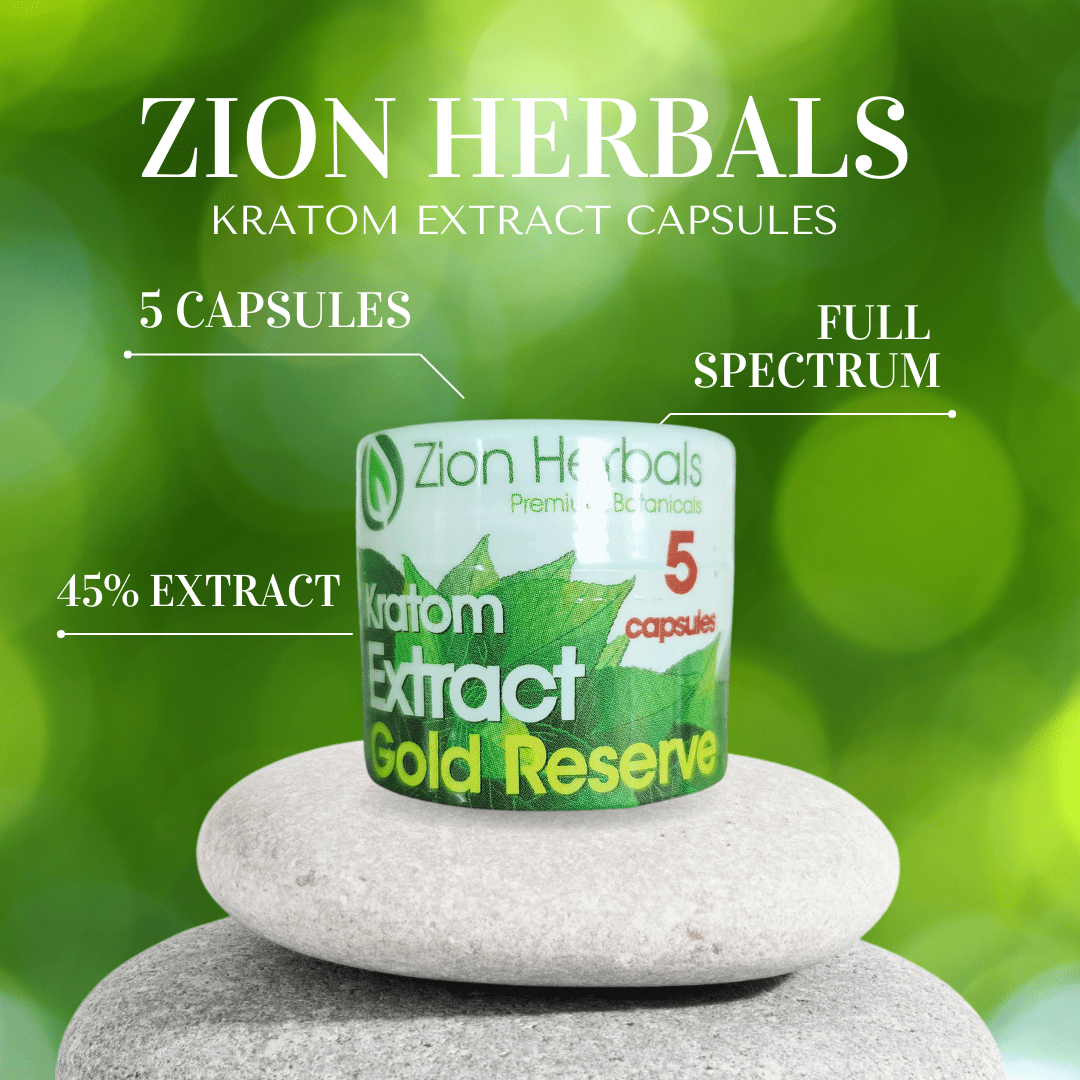
The Kratom Industry and Regulatory Gaps
The Proliferation of Kratom Products
Kratom has gained popularity, resulting in a wide variety of products available on the market. We will discuss the proliferation of kratom products and the challenges it poses for regulators.
The proliferation of kratom products in the market has posed significant challenges for regulators and public health. With the increasing popularity of kratom, the variety of products available has expanded, ranging from powders and capsules to extracts and tinctures, often marketed as natural remedies for various ailments.
This surge in product diversity has created difficulties for regulatory authorities in ensuring product safety, consistency, and accurate labeling. The absence of standardized guidelines or quality control measures for the production of kratom products has led to concerns about potential contamination, adulteration, and varying potency.
These challenges emphasize the need for comprehensive regulatory frameworks that address the growing market of kratom while safeguarding consumer health.
Regulatory Challenges and Gaps
The regulatory landscape for dietary supplements, particularly kratom, presents significant challenges and gaps. This section will address these regulatory issues and their potential consequences.
The regulatory landscape for dietary supplements, including kratom, presents formidable challenges and notable gaps. Kratom’s status as an unregulated substance in many parts of the United States, despite its widespread use, underscores the complexities of supplement regulation. The FDA’s authority to oversee these products is limited, allowing a multitude of kratom products to be marketed and sold without rigorous scrutiny.
This lack of oversight has raised concerns about product quality, safety, and proper labeling, posing potential risks to consumers who are seeking natural remedies. As the debate surrounding kratom’s safety and efficacy continues, the regulatory framework for dietary supplements faces calls for reform to ensure the public’s well-being while maintaining access to alternative health solutions.
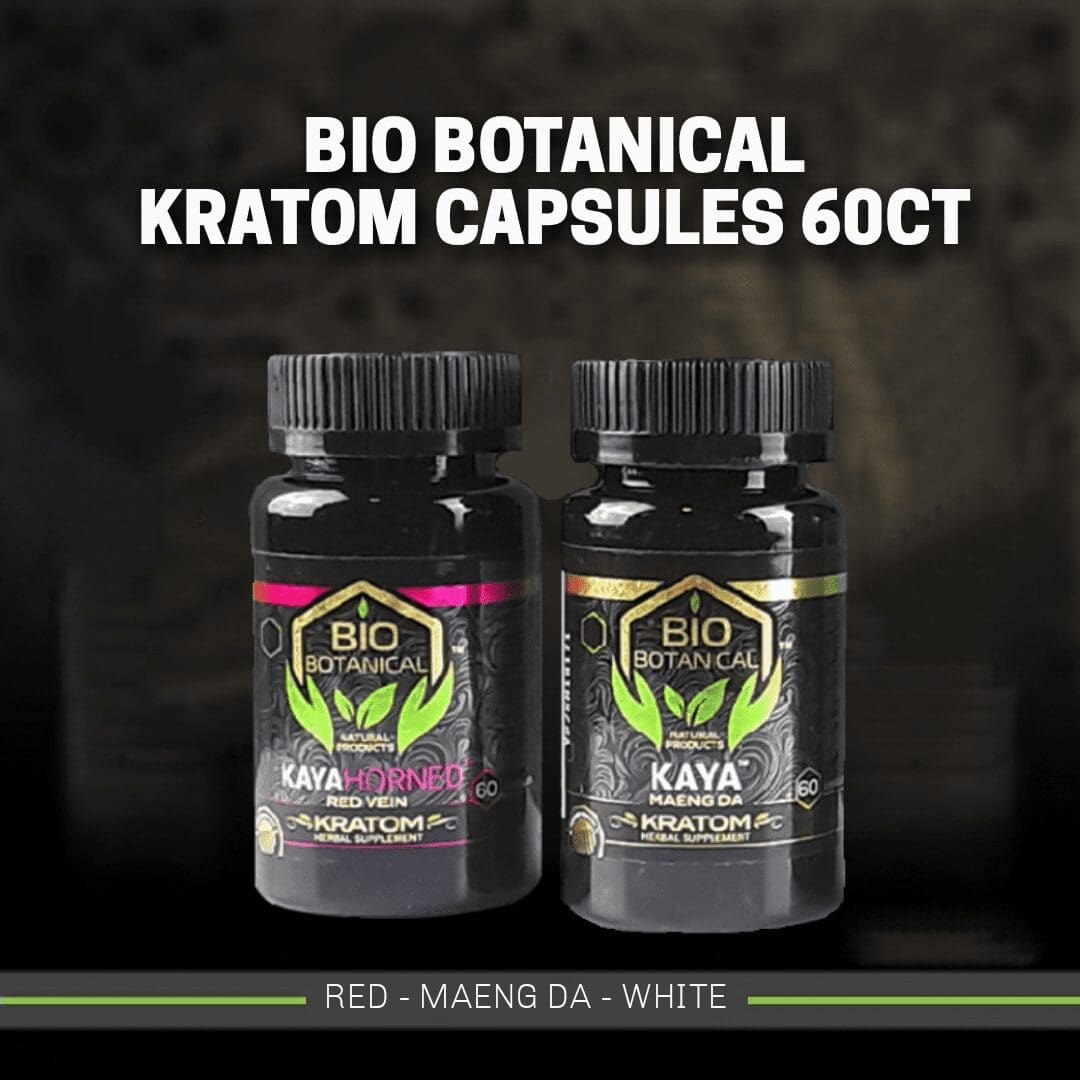
Consumer Warnings and MedWatch Reporting
FDA Ongoing Warnings to Consumers
The FDA has consistently warned consumers against using products containing kratom. We will provide an overview of these warnings and their importance.
The FDA has consistently issued warnings to consumers regarding the use of products containing kratom. Citing concerns about potential health risks, the FDA has maintained a stance against the consumption of kratom, emphasizing the lack of safety data and potential contamination of kratom products with harmful substances.
These warnings have underscored the agency’s apprehensions about the unregulated nature of the kratom market and its potential impact on public health.
Despite the increasing popularity of kratom among consumers seeking alternative remedies, the FDA’s persistent cautions have cast a shadow of uncertainty over the safety and legality of kratom as a dietary supplement.
The Importance of Reporting Adverse Events The article will emphasize the significance of consumers and healthcare professionals reporting adverse events related to kratom-containing products to the FDA’s MedWatch program for public safety.
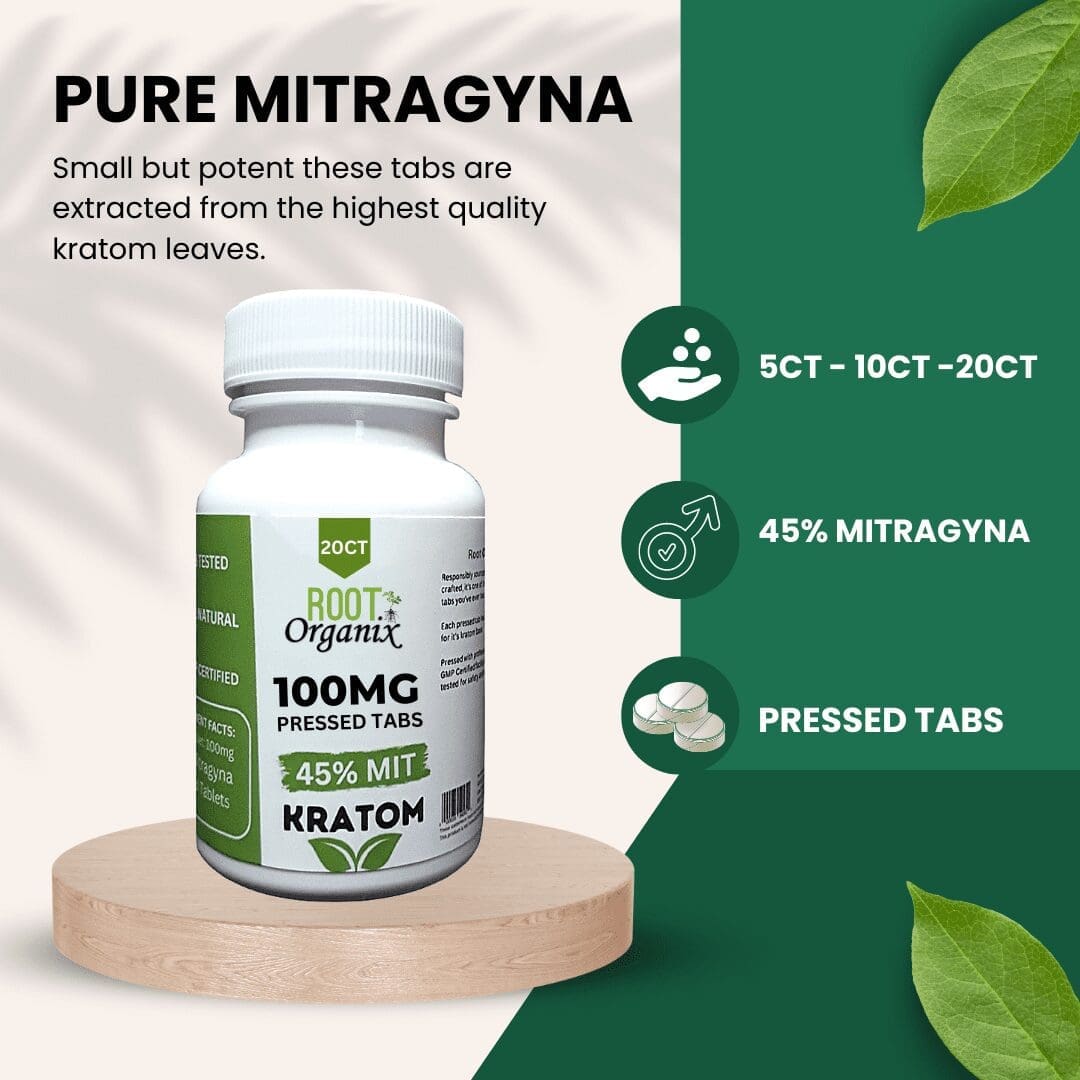
Conclusion: FDA and Kratom
The Ongoing Battle for Kratom Regulation and Safety
As the FDA continues its efforts to address kratom-related concerns, this article will reflect on the ongoing battle for kratom regulation and public safety.
The ongoing battle for kratom regulation and public safety remains a contentious issue in the world of herbal supplements. Advocates of kratom argue that it offers therapeutic benefits and should be accessible to those seeking natural alternatives.
On the other hand, critics raise concerns about the potential risks and the lack of regulatory oversight, emphasizing the need to ensure consumer safety.
As this debate unfolds, it’s clear that a middle ground must be reached that acknowledges the potential advantages of kratom while addressing the genuine risks. Balancing the interests of users, the herbal supplement industry, and public health requires continued research, education, and informed regulation to protect the well-being of all involved.
Implications for the Dietary Supplement Industry
We will discuss the broader implications of the FDA’s actions for the dietary supplement industry and its future regulatory landscape.
The FDA seizes kratom, it’s actions and stance on kratom have far-reaching implications for the dietary supplement industry and the future regulatory landscape of kratom. While the FDA’s concerns about kratom’s safety have led to calls for stricter regulations, this also sets a precedent that could affect the broader dietary supplement industry.
The outcome of this regulatory battle may influence how other herbal supplements are approached and evaluated by regulatory bodies. As a result, stakeholders in the dietary supplement industry are closely watching how the FDA’s actions unfold and what they might mean for the future of their products.
The regulatory decisions made regarding kratom could serve as a benchmark for future discussions about the safety, efficacy, and legality of dietary supplements, shaping the industry’s landscape for years to come.
FAQs
What is Kratom, and why is it controversial?
What were the grounds for when the FDA seized kratom?
Are there any FDA-approved uses for kratom?
What actions have been taken by the FDA to regulate kratom?
What should consumers do if they encounter products containing kratom?
Related Articles:
- Kratom Dependency What The Internet Says
- Alcohol Use Disorder And Kratom Benefit
- Kratom News Now FDA And Information
- Kratom Hazards Recent Salmonella Outbreak
- FDA Article
Meet The Author


